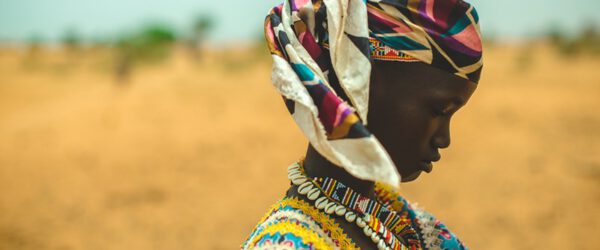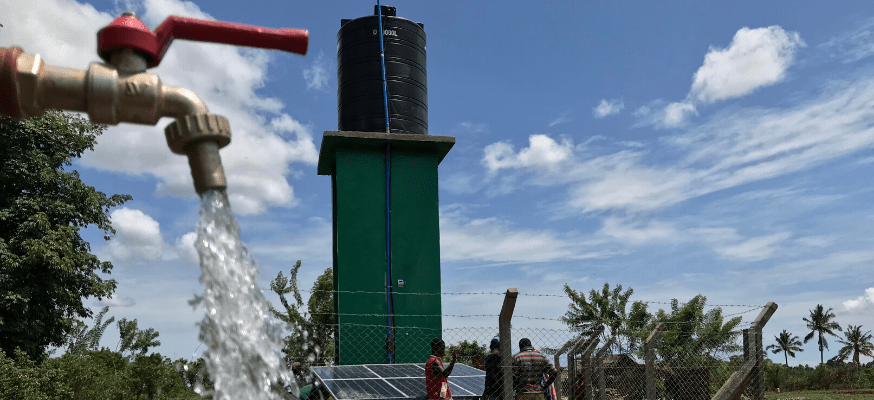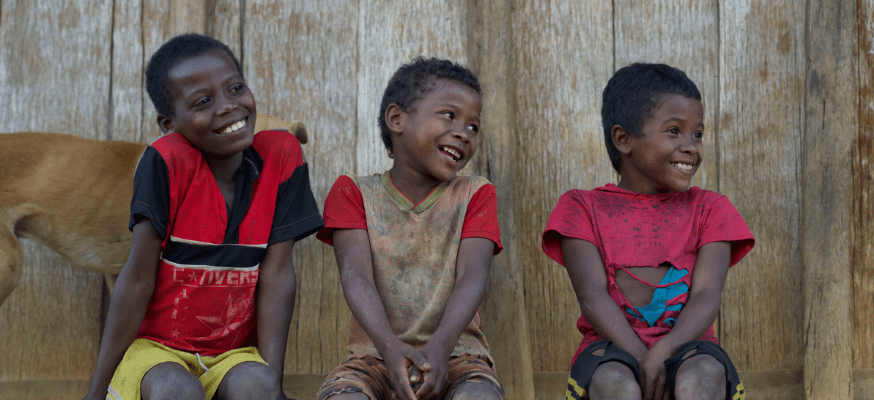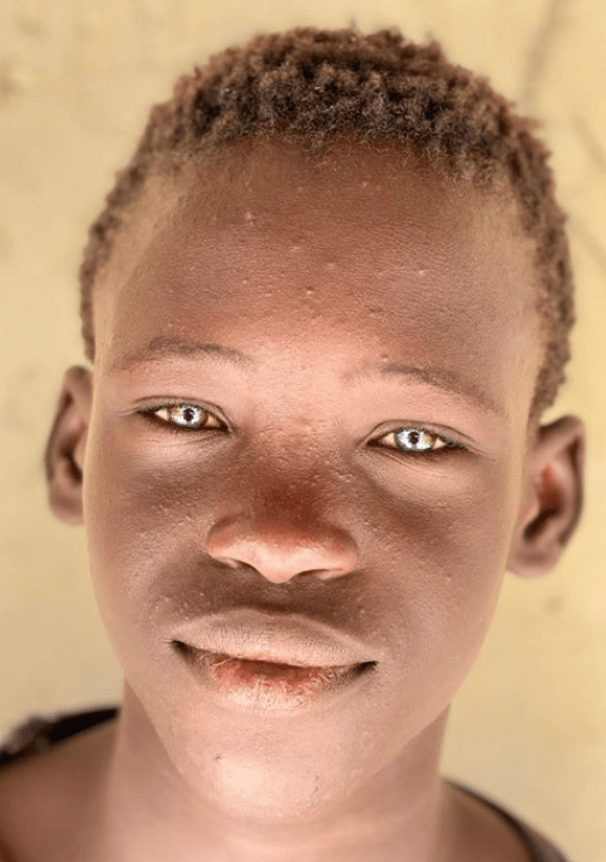Fati lives in the Casamance region, which suffered from drought due to the climate crisis of Senegal and was also affected by internal conflicts. Fati’s mother Hani explains their situation by saying, “We are fighting every day to find something to eat.”
Climate Change

The poorest people in the world are the most dependent on agriculture in order to survive. The drought and floods caused by the climate crisis complicate agricultural production, raise food prices and consequently increase hunger, social problems and extreme poverty.
The number of malnourished people reached 821 million in 2019, which corresponds to 11% of the world’s population. Research shows that hunger is concentrated in almost every region of Africa. More than 30% of people living in East Africa faced starvation in 2019.
It is expected that access to clean water, which millions of people cannot reach, will become more difficult due to the drought increasing with the climate crisis. It is predicted that the number of people who could not reach the water until 2050 will increase by 20% worldwide. Most at risk live in Africa.
As a result of climate change, tens of millions of people are expected to have to leave their homes over the next 10 years. This will be the biggest refugee crisis the world has ever seen.
How to Solve Climate Crises?
With our innovative smart water and sustainable agriculture projects based on renewable energy we have developed, we bring permanent solutions to the roots of problems in extremely poor regions. We reduce the emission by using solar energy in the supply of drinking water and irrigation water. We create an alternative to fossil fuels with solar kits we provide to homes. Thanks to the local seed banking we initiated, we support the protection and spread of ancient seeds resistant to drought. We encourage efficient water use through sustainable agriculture trainings. With our rainwater collection systems, we develop environmentally friendly solutions without creating pressure in groundwater resources.
7 COUNTRIES
+250 VILLAGES
+500.000 PEOPLE
+2.000 PROJECT

IDEA Universal (International Association for Development and Environment) is a transparent and independent non-profit organization founded in 2017. Continuously creating developmental programs in Turkey, Africa and Asia. Relentlessly working nonstop to transform the lives of hundreds of thousands of people and counting. File number: #34-237-193
GET INSPIRED
Transformation stories get to your email every month.
CONTACT
©2021 IDEA Universal (International Development and Environment Association) | Privacy Policy





